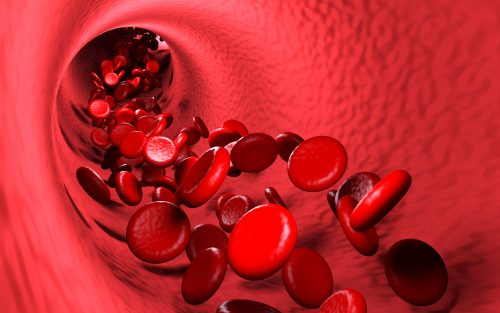
New Orleans—There is an association between renal function and outcomes of patients receiving anticoagulation treatment for atrial fibrillation. Michael Dorsch, MS, PharmD, and colleagues conducted an analysis to test the hypothesis that there are changes in prescribing patterns of oral anticoagulants and clinical outcome based on chronic kidney disease (CKD) status. Results of the analysis were presented during a poster session at ACC.19 in a poster titled Oral Anticoagulation Underused and Aspirin Overused for Atrial Fibrillation with Advanced Chronic Kidney Disease Status.
The analysis included patients from the Premier Health Database. Inclusion criteria were age ≥40 years, hospital admission from January 2011 to June 2015 with a diagnosis of atrial fibrillation, CHA2DS2-VASc (congestive heart disease, age, diabetes, stroke-vascular disease) score ≥2, length of stay >1 day, and CKD stage ≥1. Exclusion criteria were presence of a mechanical heart valve, any bleed or major surgery during admission, departure from the hospital against medical advice, hospice admission, transfer to another acute care facility, or died during index admission.
The primary outcomes of interest were bleeding, ischemic stroke, and mortality at 1-year post index admission.
In the 797 US hospitals in the Premier Health system, there were 370,672 admissions with a diagnosis of atrial fibrillation during the study period. Of those, mean age was 78 years and 45% used oral anticoagulation agents. There was a strong association between oral anticoagulation use and CKD status.
Patients with advanced stages of CKD had the lowest use: use among patients with CKD stage 1 was 49.1% versus 36.4% among patients with end-stage CKD. The decrease was due primarily to a decrease in direct oral anticoagulation (18.7% vs 2.2%) and an increase in aspirin use (17.7% vs 25.1%) as CKD progressed.
In conclusion, the researchers said, “More advanced CKD status was associated with lower oral anticoagulation use and higher aspirin use. CKD status was associated with differential effects on bleeding, with direct oral anticoagulation therapy having lower 1-year bleeding compared to warfarin in CKD stage 4 to end stage. Direct oral anticoagulation consistently reduced 1-year mortality compared to warfarin.”







 © 2025 Mashup Media, LLC, a Formedics Property. All Rights Reserved.
© 2025 Mashup Media, LLC, a Formedics Property. All Rights Reserved.